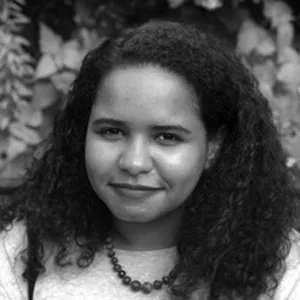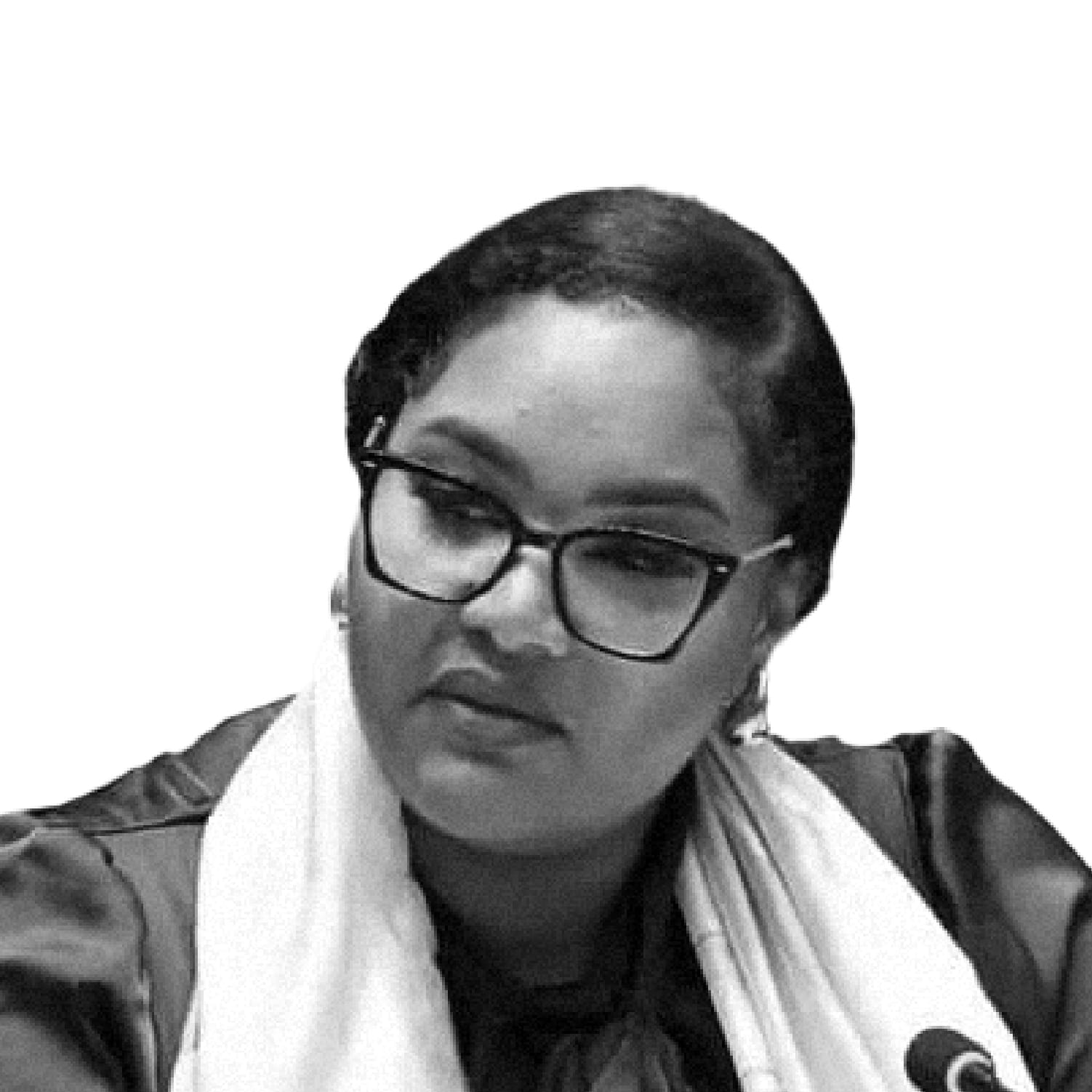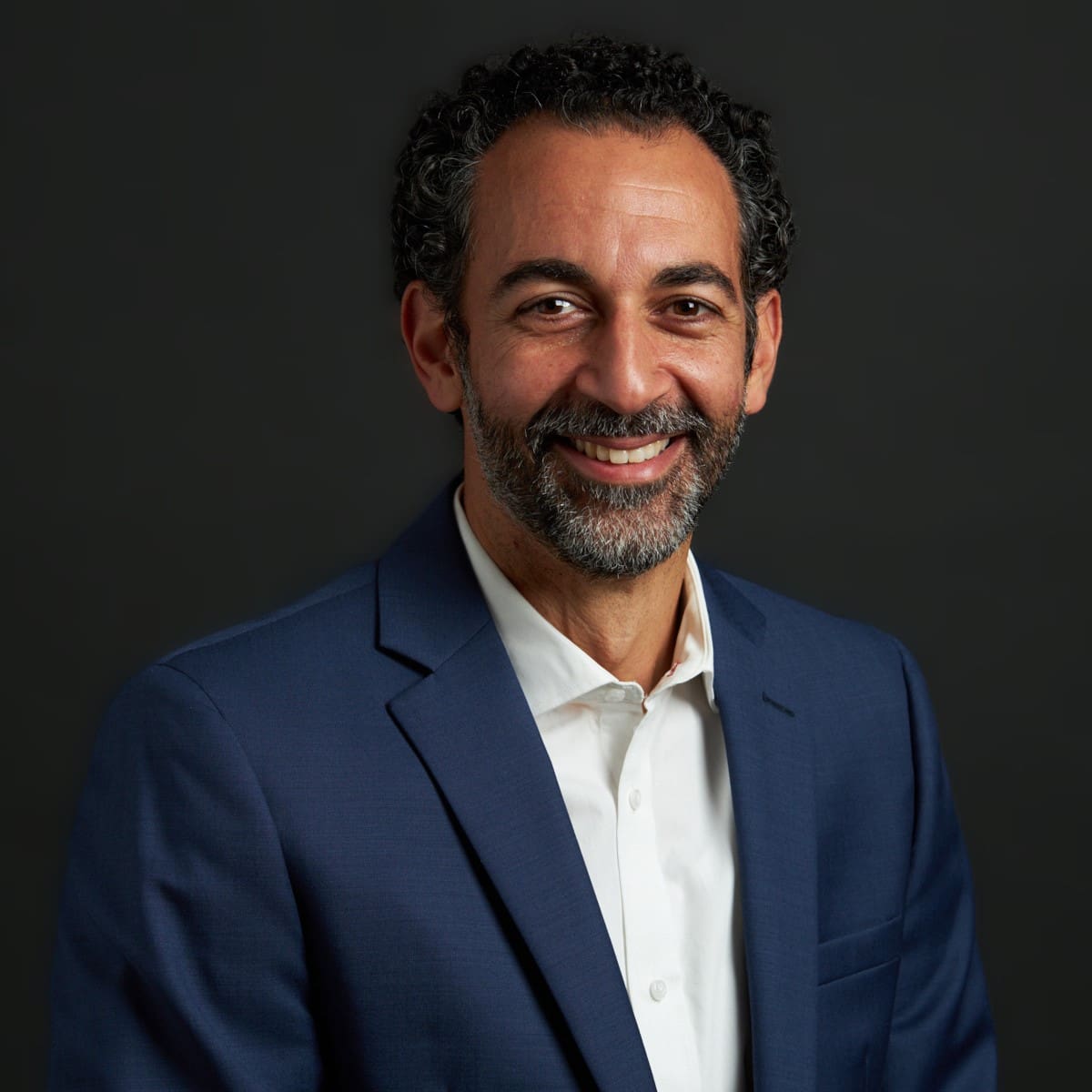The War in Sudan:
Unfolding Humanitarian Crisis and Diplomatic Impasse
November 4, 2024
Summary
The war in Sudan between the Sudanese Armed Forces (SAF) and the Rapid Support Forces (RSF) is entering its eighteenth month, with no end in sight. Since April 2023, the war has led to “one of the worst humanitarian disasters in recent memory,” displacing a fifth of the population and leaving over 755,000 people vulnerable to famine. With heavily destructed infrastructure and cholera confirmed across parts of the country, the situation has deteriorated further. As experts warn of another genocide in Darfur and war crime allegations, mediation efforts by regional and global actors, most recently in Geneva, have failed to materialize in a ceasefire.
The Middle East Council on Global Affairs organized a webinar with a panel of experts to discuss the unfolding humanitarian catastrophe and the regional and international implications of the war. Panelists discussed and reflected on important issues and questions, including: What are the most pressing challenges civilians face on the ground? What strategies could be employed to protect vulnerable populations, especially in Darfur? What are the key factors influencing mediation efforts? What role are external actors playing in the conflict, and how does this influence the prospects for peace? And finally, what are the implications of the war for regional stability?
Moderator: Ahmed Morsy
Nafisa Eltahir, Journalist at Reuters
- Eltahir provided a detailed context of the Sudanese conflict, describing the division of control between the Sudanese Armed Forces (SAF) and Rapid Support Forces (RSF). She noted that the SAF holds dominance in northern and eastern Sudan while the RSF controls significant areas, including the capital Khartoum, and western regions like Darfur.
- She emphasized the internal fragmentation within both forces. SAF relies on a mix of ethnic militias for reinforcement, creating alliances with regional ethnic groups for support while the RSF consists of tribal militias with little centralized command, leading to autonomy among factions and complicating coordination.
- There are also overlooked reporting challenges because of severe restrictions on media access, particularly in RSF-controlled zones, which limit accurate reporting of events and atrocities. This lack of media access impedes global awareness of the full extent of ethnic targeting and violence, including allegations of ethnic cleansing in isolated areas.
- Eltahir stressed upon the atrocities committed and the civilian impact of the war. Both SAF and RSF are implicated in serious human rights violations, with civilians often bearing the brunt of violence. There are also reported patterns of ethnic violence in both SAF and RSF territories, showing the entrenched ethnic dimensions of the conflict.
William Carter, Sudan Country Director at Norwegian Refugee Council (NRC)
- Carter described the humanitarian crisis as a severe and multi-layered disaster affecting millions across Sudan.
- In terms of displacement, Carter reported that there are over 11 million internally displaced persons (IDPs) within Sudan and millions more seeking refuge in neighboring countries, particularly Egypt and Chad. Displacement ranks as one of the world’s largest current crises, with many experiencing displacement multiple times within Sudan due to ongoing violence.
- There is also increasing food insecurity, and the health system is collapsing. Carter emphasized critical food shortages and a near-total collapse of healthcare services, especially in overcrowded camps. Cholera outbreaks are widespread due to poor sanitation and lack of medical resources, leading to hundreds of confirmed deaths.
- While local Sudanese groups and emergency response rooms are stepping up, the humanitarian response remains vastly insufficient. The international response also lacks resources and coordination, leading to limited impact on the ground.
- There are border challenges in aid access and there are vital aid routes, such as the Chad-Darfur border, open to continue delivering humanitarian assistance. Carter warned that these access points are at risk due to military activities and political instability.
Kholood Khair, Founding Director of Confluence Advisory
- Khair highlighted the role of external actors and the significant influence of external countries and groups on the Sudanese conflict. Egypt, Saudi Arabia, and the UAE support the SAF due to geopolitical interests, while the RSF has backing from the UAE and other regional allies. Both factions receive financial and military support, which escalates and sustains the conflict, aligning it with broader regional rivalries.
- Khair warned that the conflict has the potential for regional spillover into neighboring countries, particularly Chad, where ethnic ties and loyalties extend across borders. She highlighted the example of ethnic groups in Darfur with strong connections to groups in Chad, increasing tensions and risk of cross-border violence.
- There are complications in peace efforts because of how external involvement complicates peace negotiations, as each supporting country has vested interests that intersect with Sudan’s internal conflict. She remarked that without addressing the influence of these external players, peace efforts are unlikely to succeed.
- Khair raised concerns that Sudan may devolve into a fragmented state with multiple zones of control, resembling situations in Libya and Yemen, and warned that such fragmentation could lead to long-term destabilization of Sudan, further exacerbating regional insecurity.
The webinar concluded with a Q&A section that covered a range of topics. Speakers talked about the media’s role in portraying the conflict in Sudan, the involvement of regional and international powers, and the humanitarian response. Panelists highlighted the limited media coverage, pointing out racial biases and a “hierarchy of suffering” that affects how global crises are prioritized. The conversation touched on the inadequacies of international responses, emphasizing the crucial role of local journalism and grassroots humanitarian efforts despite significant challenges. The experts also discussed regional actors like the United Arab Emirates and the African Union, noting their mixed involvement and potential influence. There was consensus that achieving peace would be difficult due to the fragmented nature of the conflict, exacerbated by deep-rooted ethnic and political dynamics.
Speakers

Nafisa Eltahir
Journalist at Reuters

William Carter
Sudan Country Director at Norwegian Refugee Council (NRC)


